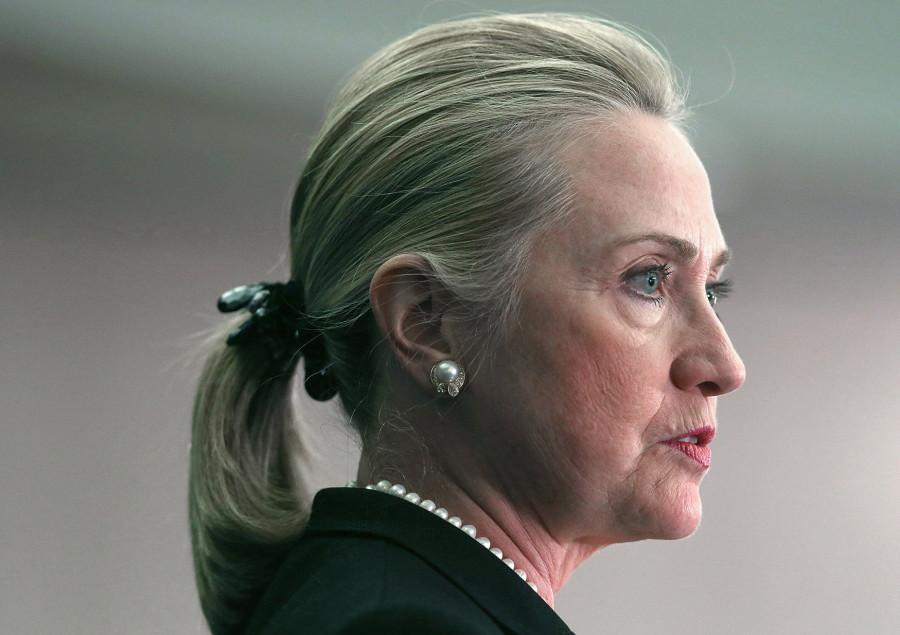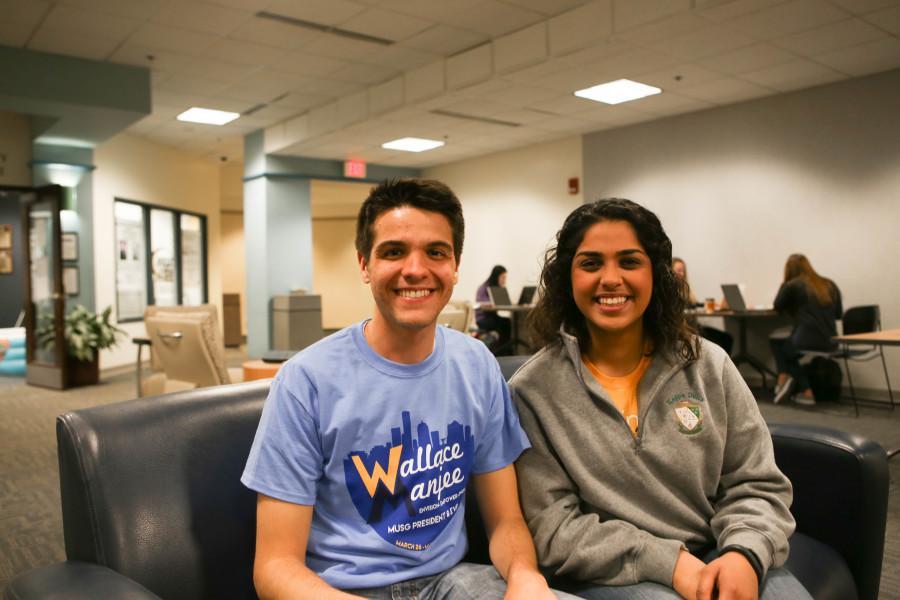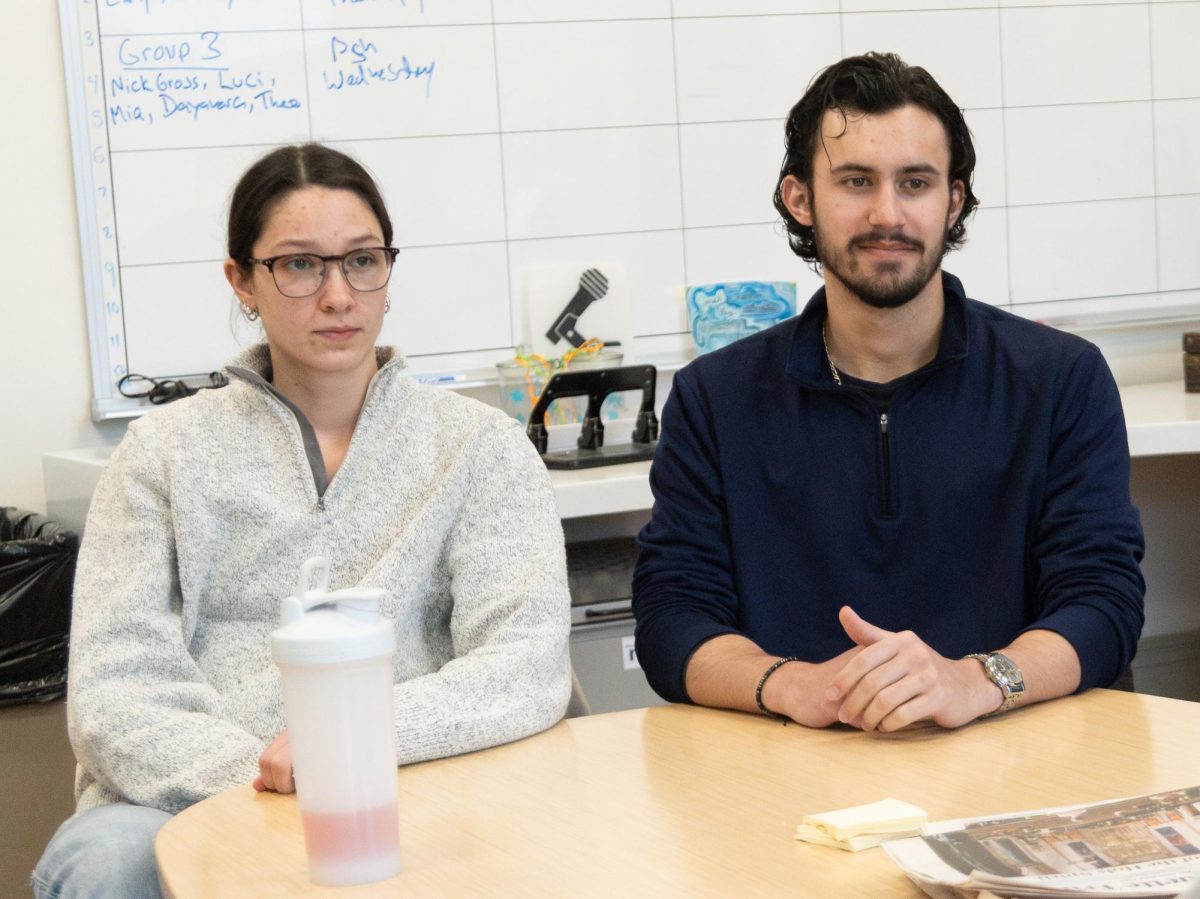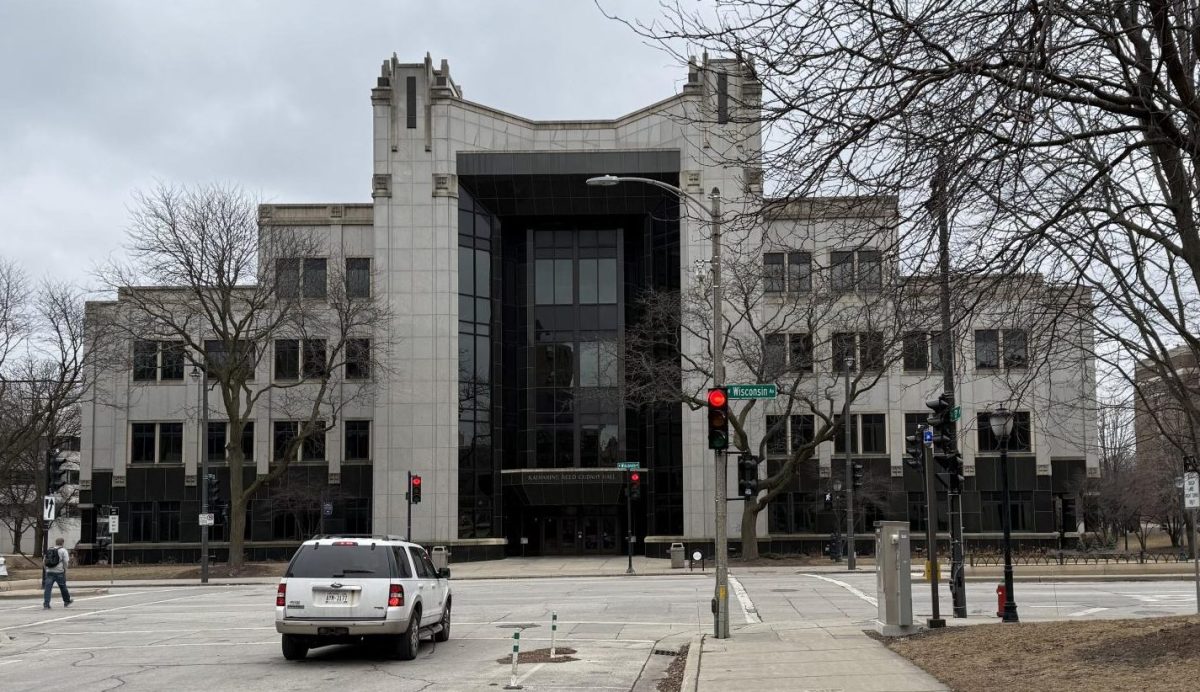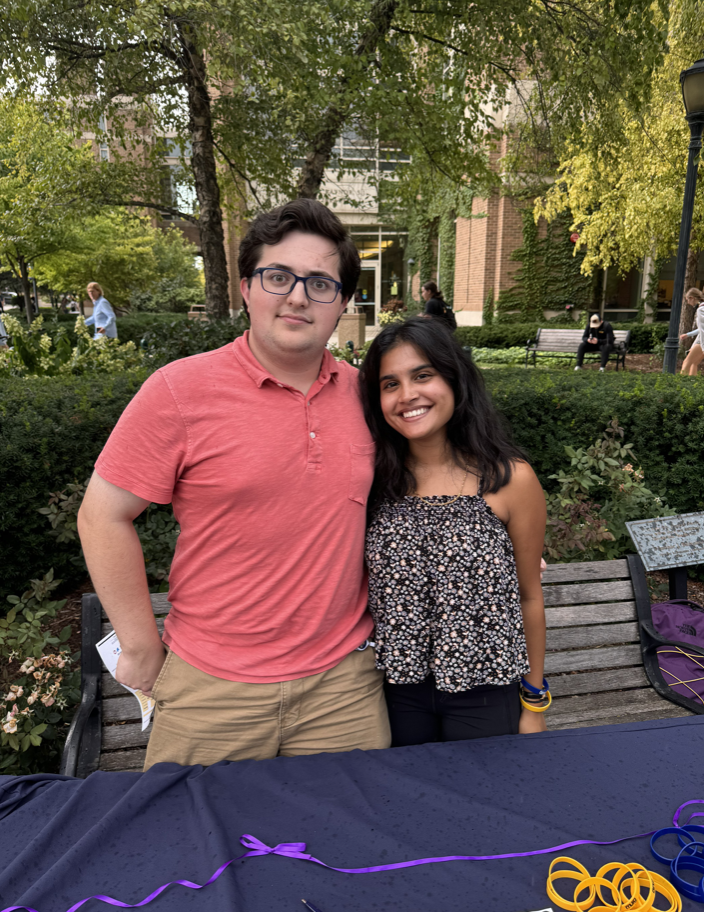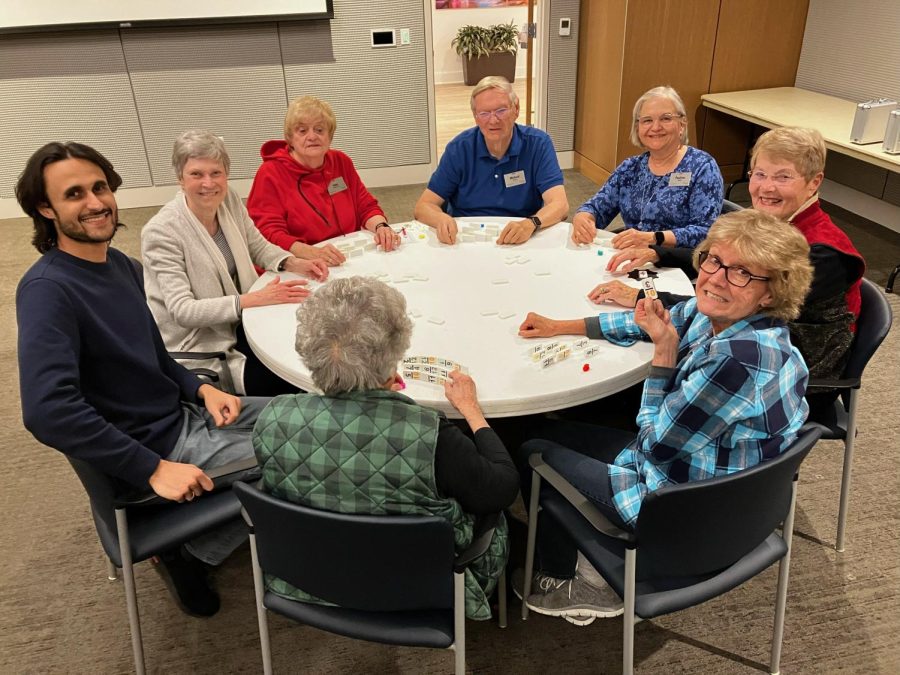Marquette Student Government will conduct elections a little differently this year. During last Thursday’s legislative meeting, senators unanimously approved three distinct changes to their electoral process. Executive Vice President Bill Neidhardt, a senior in the College of Arts & Sciences, was one of the authors of the amendment.
“The removal of primaries is probably the most controversial part,” Neidhardt said. “And then we’re moving (the elections) online, which is the most obvious part. And then the third part is fixing the way we define commuters.”
Before the revisions to the election rules were ratified, commuter students were defined in the MUSG constitution as “students who reside outside of the 53233 zip code, or within the 53233 zip code with a parent or guardian.” The recent updates have slightly altered that definition, as it now reads: “Students who do not, or did not as freshmen or sophomores, live in university residence halls, but live(d) within 35 miles of campus with a parent or legal guardian.”
Off-Campus Senator Joe Daufenbach, a senior in the College of Arts & Sciences, said this adjustment was made to ensure that the definition of a commuter student was the same across all university platforms.
Daufenbach said he expects this adaptation to make it easier for commuter students to know their classification.
MUSG’s decision to hold elections exclusively online was, as Neidhardt mentioned, an obvious move. Students have already been able to cast their votes online in the past, so this amendment will just incorporate online election procedures into MUSG’s constitution.
Arts & Sciences Senator and Academics Committee Chair Sam Schultz, a junior in the College of Arts & Sciences, said the major change has to do with holding all elections on Involvement Link.
“I think we did it to just make everything more central,” Schultz said. “I know the university and MUSG put up funding for it last year to move all student organizations to this Involvement Link site, so it’s kind of a central place. And so by moving the elections to this, hopefully it’s driving traffic to that site anyway.”
Regarding senatorial primaries, Neidhardt said they have become virtually obsolete and therefore needed to be removed. Primaries were only held in races involving more than two candidates, and those cases have been few and far between in the last decade.
“There were 108 residential races held in the last 10 years and only 18 times there was a primary,” Neidhardt said.
He said that candidates should not need to cut an entire week from their allotted campaigning time to allow for primaries that rarely even take place.
“(Time spent on campus talking to students) is what really helps develop MUSG senators and what really makes them a voice of the students, so robbing them of that time is really not healthy for the organization,” Neidhardt said.
All three of these changes are slated to take effect immediately and will be observed in the Residence Hall Association and Senate elections Sept. 13.


